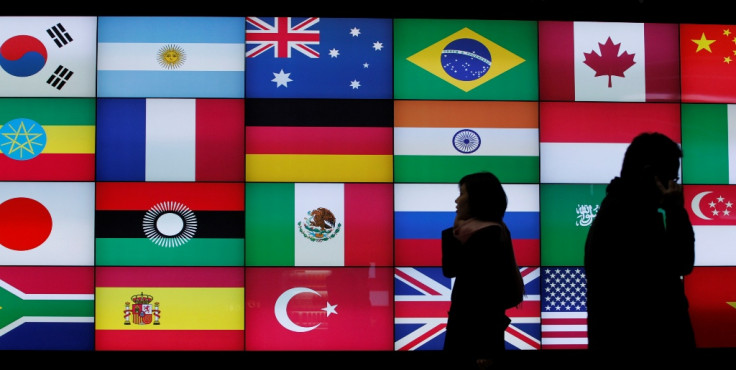G20 to Debate Policy Coordination on Emerging Market Turmoil

Policy coordination in response to this year's turbulence in some emerging-market economies could be among the main topics for discussion at this week's meetings of G20 policymakers, South Korea's Ministry of Strategy and Finance said on 17 February.
The South Korean finance ministry statement also said the G20 would discuss how to proceed with the International Monetary Fund (IMF) quota reforms after US lawmakers rebuffed a vital spending bill, required to pay for the planned changes, in January.
Finance ministers and central bank chiefs from the Group of 20 major economies are to meet in Sydney this weekend.
Bond, forex and equity markets in developing economies have swung violently in recent months amid concerns over a slowdown in China, the world's second-largest economy, and after the reduction in easy money in the wake of US monetary tightening.
Global Policy Breakdown
Indian central bank governor Raghuram Rajan warned of a breakdown in global monetary policy coordination, as the probability of continued withdrawal of the US Federal Reserve's monetary stimulus posed a threat to emerging market economies.
Rajan, a former chief economist at the International Monetary Fund (IMF), called for greater cooperation among policy makers ahead of the G20 meetings.
The Fed on 29 January trimmed its monthly bond buying stimulus by a further $10bn to $65bn, despite the turbulence in emerging markets.
Greater Powers To Emerging Markets
Earlier, China called on the IMF to stick to a pledge to give emerging markets a greater say at the world body, after US lawmakers stalled historic reforms aimed at giving developing countries more power.
Remarks by Chinese Foreign Ministry spokesman Hong Lei on 15 January implicitly criticised the US, the largest and most powerful IMF member, where lawmakers failed on 13 January to concur on vital funding measures -- the proposed $1tn spending bill for the US federal government failed to incorporate funding for the IMF.
The US Congress must approve the IMF funding to complete 2010 reforms that would make China the IMF's third-largest member and revamp the IMF board to ease Western Europe's dominance.
The changes would also grant greater powers to nations such as Brazil and India, to reflect their growing economic clout.
© Copyright IBTimes 2025. All rights reserved.






















